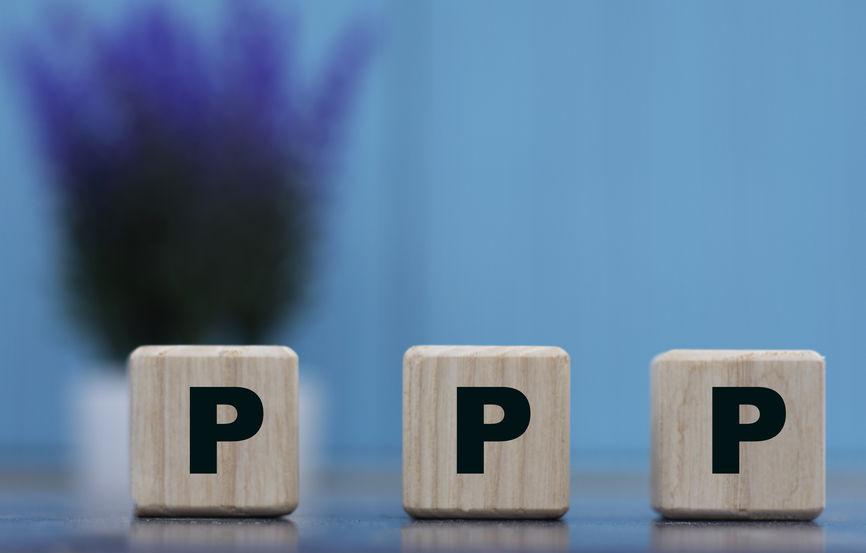Somehow, Blueacorn (who?) and Womply (who?) Became the Faces of Fintech in Congressional Investigative Report on PPP Fraud
 According to a newly published congressional committee investigative report, fintechs facilitated PPP fraud. How this happened is laid out in 130 pages of detail that seemingly puts the brunt of the blame on Blueacorn, a purported fintech that was paid $1 billion in SBA processing fees for its role in facilitating PPP loans.
According to a newly published congressional committee investigative report, fintechs facilitated PPP fraud. How this happened is laid out in 130 pages of detail that seemingly puts the brunt of the blame on Blueacorn, a purported fintech that was paid $1 billion in SBA processing fees for its role in facilitating PPP loans.
Of course everyone knows Blueacorn because they… oh wait, they probably don’t because up until April 2020 Blueacorn did not even exist. According to the report, the CEO and co-founder of Blueacorn was in the business of selling cell phone accessories until he founded Blueacorn for the singular purpose of facilitating PPP loans. This highly technologically advanced company consisted of “off-the-shelf fraud screening software” and a “single direct employee who assisted with processing PPP applications,” according to the report. In the eyes of investigators, this apparently qualifies as a fintech.
As 1.7 million loan applications poured in to Blueacorn, the company then relied on an affiliated company that hired friends and family members that had little to no experience and got virtually no training to process the loans. Inevitably, fraud piled up, bad things happened, wrongdoing may have occurred, and Blueacorn was somehow paid a billion dollars for its work. The real villain of this mess? Fintech obviously!
A fintech is how investigators cast Womply, an online reputation management company that helped people manage their reviews online. Womply had no ties to lending or fintech until it suddenly became a PPP loan broker in April 2020.
“Womply entered into referral agent agreements with ten lenders or platforms and ultimately referred approximately 7,000 PPP loans totaling $360 million in taxpayer dollars while acting as a referral agent,” the report says. That was just in 2020 when it earned only $3 million in fees. Encouraged by its early successes, Womply went on to generate $2 billion in fees for its role in facilitating PPP loans. Ultimately, as a company with no background in lending or finance, investigators were shocked to discover what had taken place along the way.
The end result of this report?
ProPublica: Fintechs Made “Massive Profits” on PPP Loans and Sometimes Engaged in Fraud, House Committee Report Finds
Select Subcommittee Press Release: New Select Subcommittee Report Reveals How Fintech Companies Facilitated Fraud In The Paycheck Protection Program
NBC News: Executives at ‘fintechs’ made hundreds of millions handing out PPP Covid cash, report says
NY Post: Tech firms defrauded feds by brokering shady PPP loans to collect fees: report
It would be fair to chastise bad actions and bad actors exposed in the report, but to take a multi-billion dollar industry that has been built up over a decade and have it defined by a cell phone accessory store owner and an online reputation management company hardly seems fair. The committee that published its report should change the title and nearly all mentions of fintech throughout. By the report’s own weak logic, the United States Congress could also be characterized as a fintech. Last modified: December 7, 2022
Sean Murray is the President and Chief Editor of deBanked and the founder of the Broker Fair Conference. Connect with me on LinkedIn or follow me on twitter. You can view all future deBanked events here.































